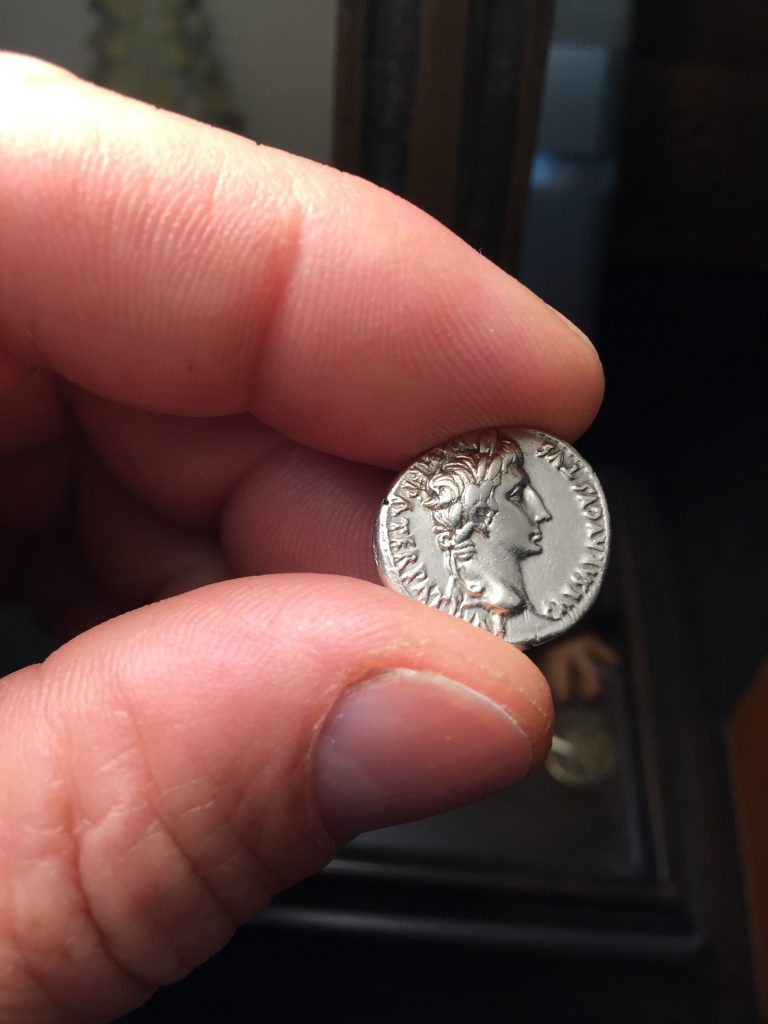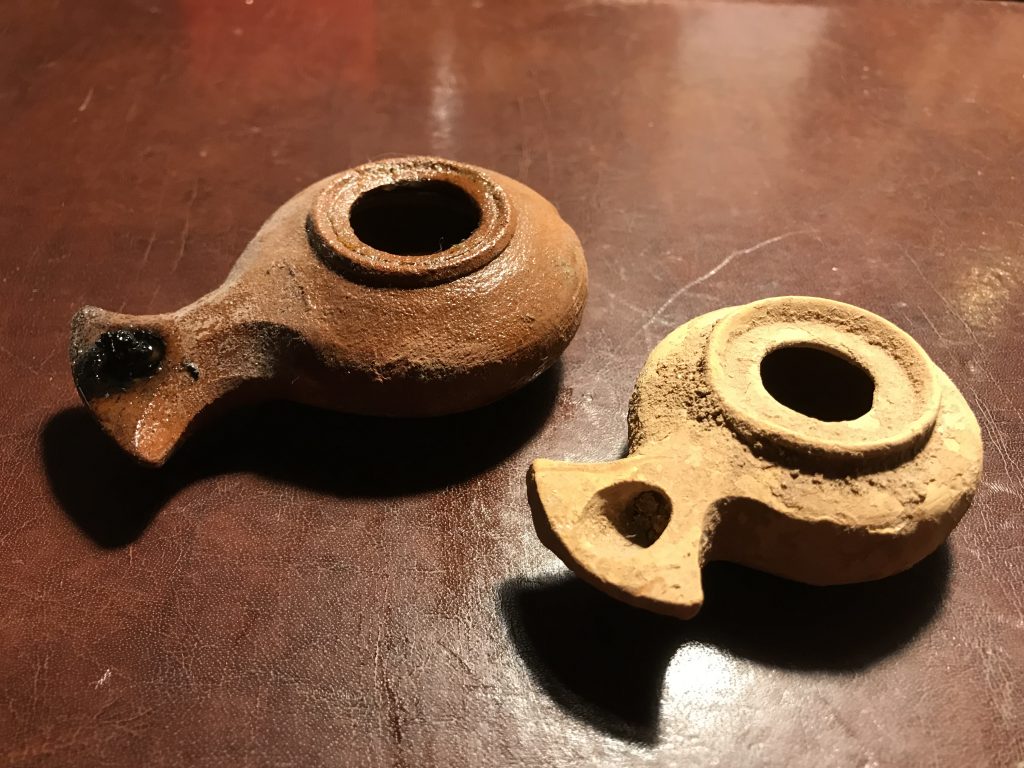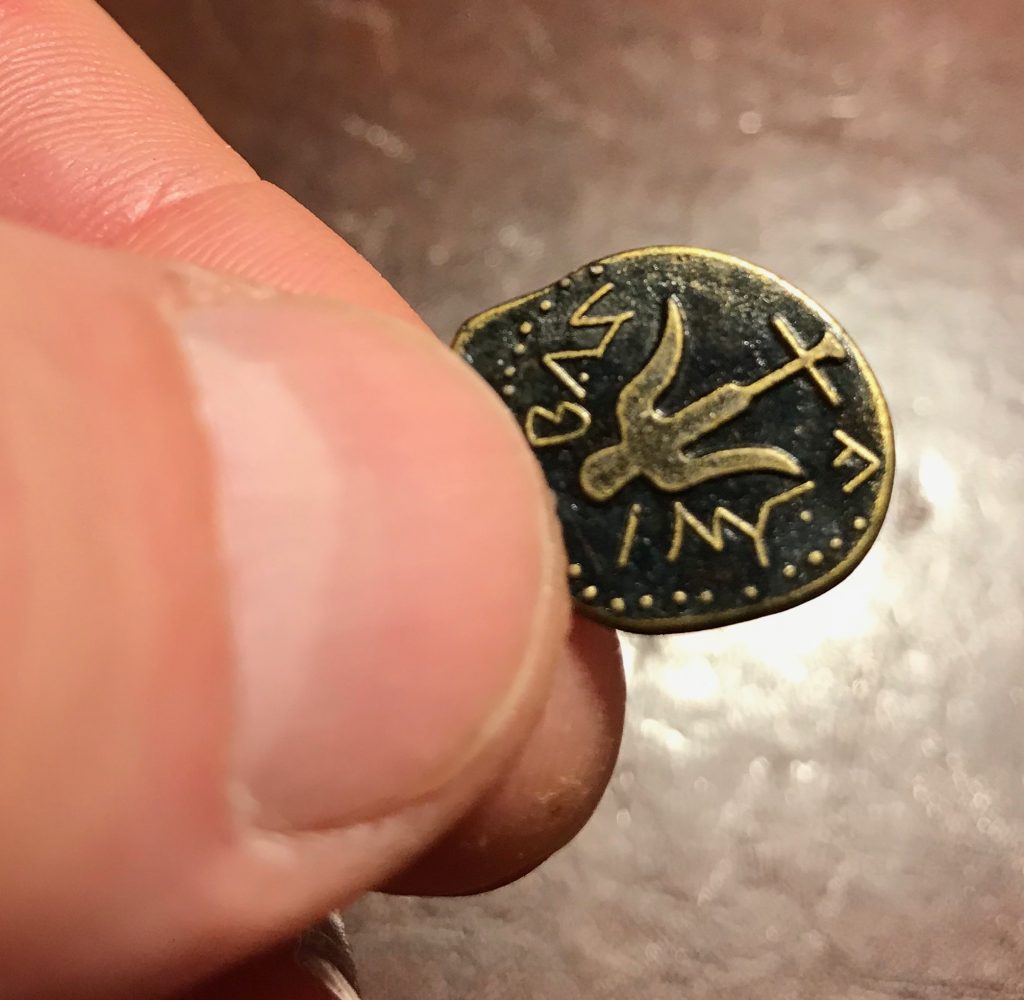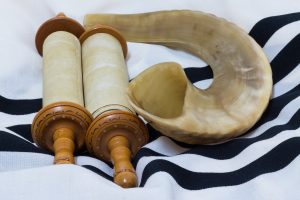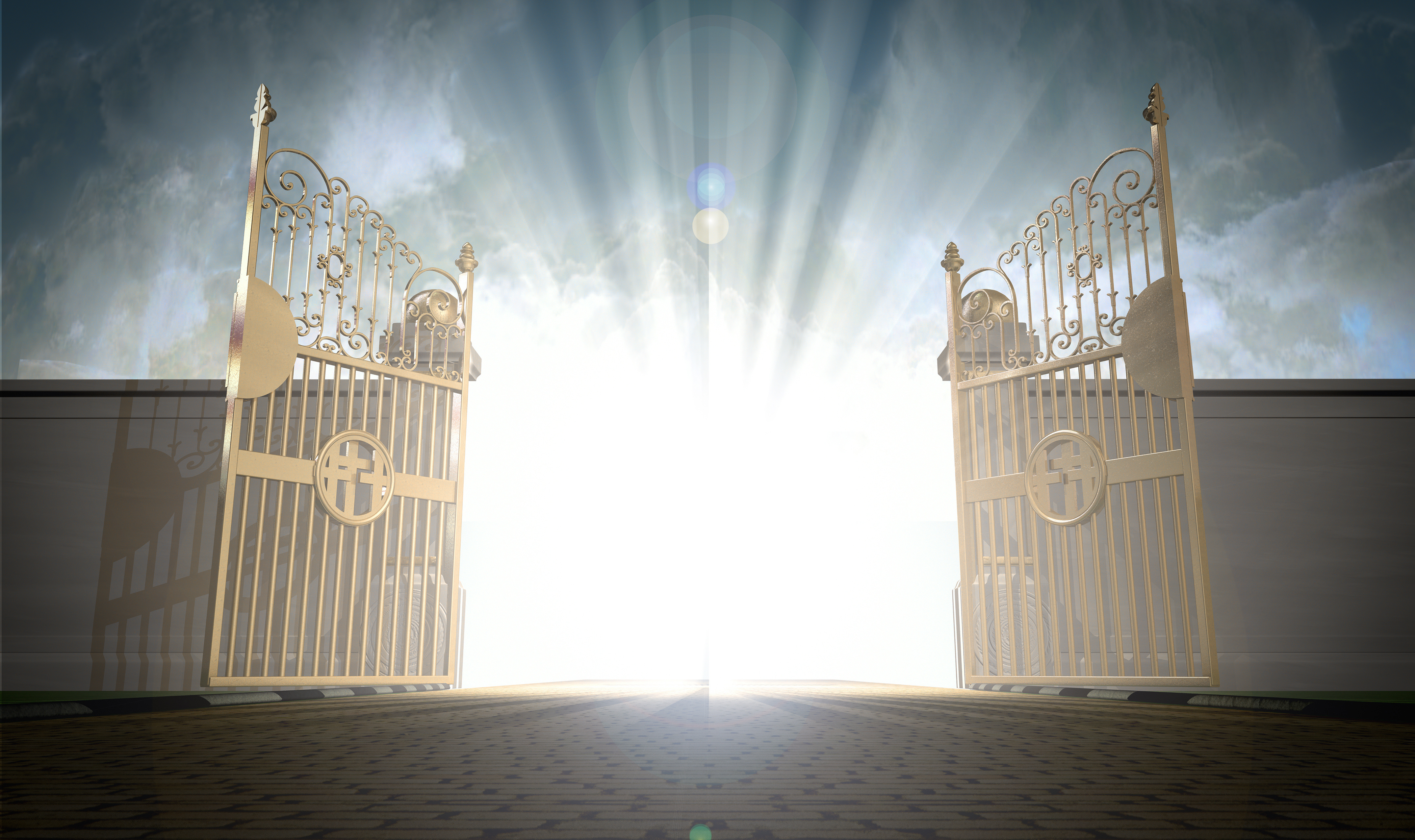Exodus 30:15, Rich…poor. This passage teaches the equality of all believers. In YHVH’s eyes, each redeemed Israelite saints are equal. To the Creator of all things and who owns everything, no one is worth more than a half-shekel, and no one is worth less than a half shekel. The rich aren’t better than the poor and vice versa. This is also the moral of Yeshua’s Parable of Lazurus and the Rich Man (Luke 16:19–21). Contrary to what many Christians have been taught, this parable isn’t a doctrinal statement about the state of the dead and the afterlife. To many people, including the rich Scribes and Pharisees of Yeshua’s day, material success denotes superiority and even divine favor. The Bible dispels this false notion. YHVH looks at the heart and character of a person and the righteous fruits of their lives, and not at the outward, physical trappings—the proverbial cover of the book. The Scriptures address this issue in several places:
Judge not according to the appearance, but judge righteous judgment. (John 7:24)
A good tree cannot bring forth evil fruit, neither can a corrupt tree bring forth good fruit.
Every tree that bringeth not forth good fruit is hewn down, and cast into the fire. Wherefore by their fruits ye shall know them. (Matt 7:19–20)
But YHVH said unto Samuel, Look not on his countenance, or on the height of his stature; because I have refused him: for YHVH seeth not as man seeth; for man looketh on the outward appearance, but YHVH looketh on the heart. (1 Sam 16:7)
Now the Torah and the rest of the Scriptures teach that all the saints are equal. But what about the rest of humanity? Are all humans created equal?
There are many ways to look at this equality issue. But let’s see what the Bible teaches.
The Bible states in several places that all humans are created in the image of Elohim. This implies equality among all humans.
The Bible also states that all humans are sinners, that all deserve death and that none are righteous of themselves. This also implies equality.
The Bible states that Elohim so loved all the world that he sent his Son to die for all humanity. This implies equality among humans.
The Bible also state that Elohim loved us while we were still sinners. This implies equality among all humans.
Elohim desires all humans to be saved. This also implies equality among humans.
The Bible furthermore states that Elohim isn’t a respecter of persons. This implies equality among humans.
The Bible teaches that there is one Torah-law standard of righteousness for all people—Israelites and non-Israelites. This implies equality.
Moreover, the Bible states that Elohim will judge all humans by that law. All humans will come before his judgment seat. Thus all are equal before the law and before the Judge of the universe.
Conversely, there is no question that the Bible teaches that Elohim favors those who love and serve him. He favors them with a special love and enters into a personal relationship with them. He blesses then in a special way (salvation, healing, answered prayers, special protection, guidance, wisdom the Set-Apart Spirit, etc.) and eventually will reward them with eternal life, glorification and inclusion into his eternal kingdom as his adopted children. So in this sense, Elohim starts out loving and treating everyone equally, but those who choose to love and obey him he favors them and extends his grace to them. In this case, not everyone is treated equally. But this is not based on favoritism on YHVH’s part, but upon the choices that humans make with regard to his initial equal treatment of all. In the end, all humans will reap what they sow. If they obey Elohim they will be blessed with immortality. If they disobey him, with eternal death.

